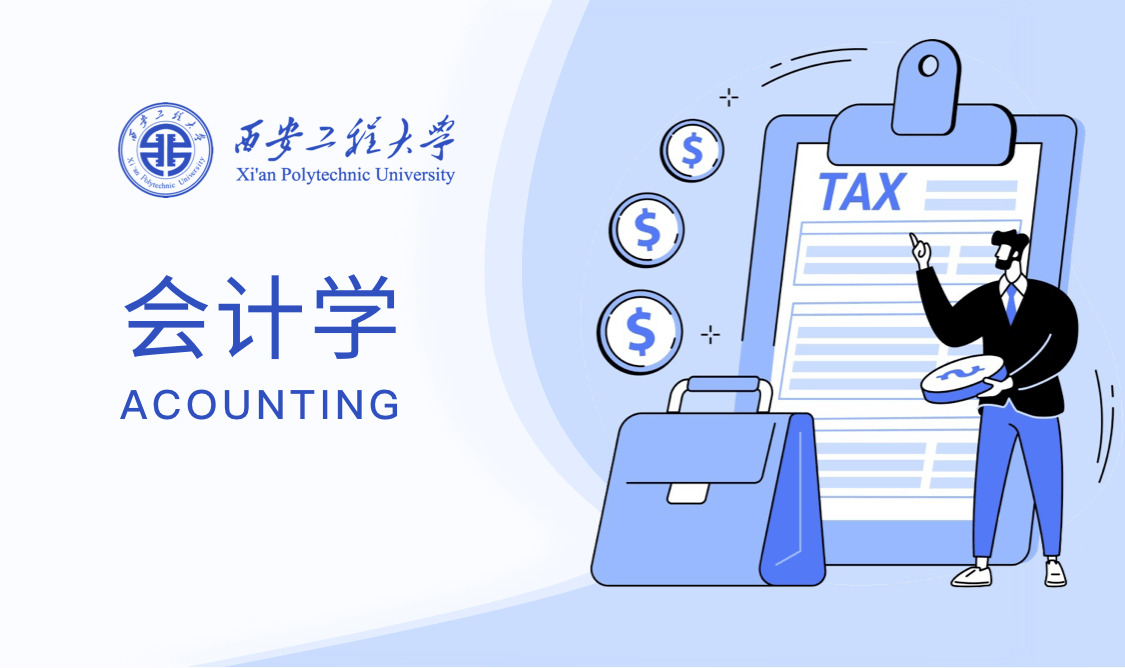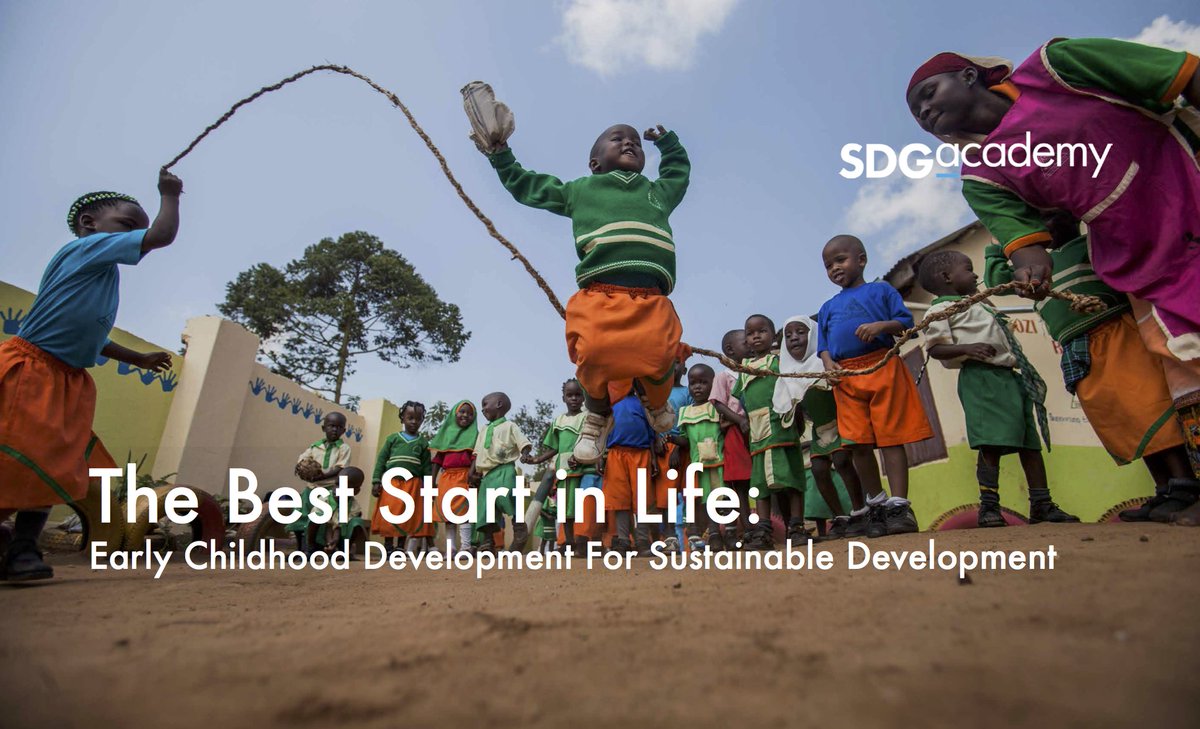
当前课程知识点:The Best Start in Life: Early Childhood Development for Sustainable Development > Welcome to the Course! > Overview > Instructors
返回《The Best Start in Life: Early Childhood Development for Sustainable Development》慕课在线视频课程列表
This course features 5 of the world's leading experts in Early Childhood Development. A brief biography for each instructor is included here:
Hirokazu Yoshikawa
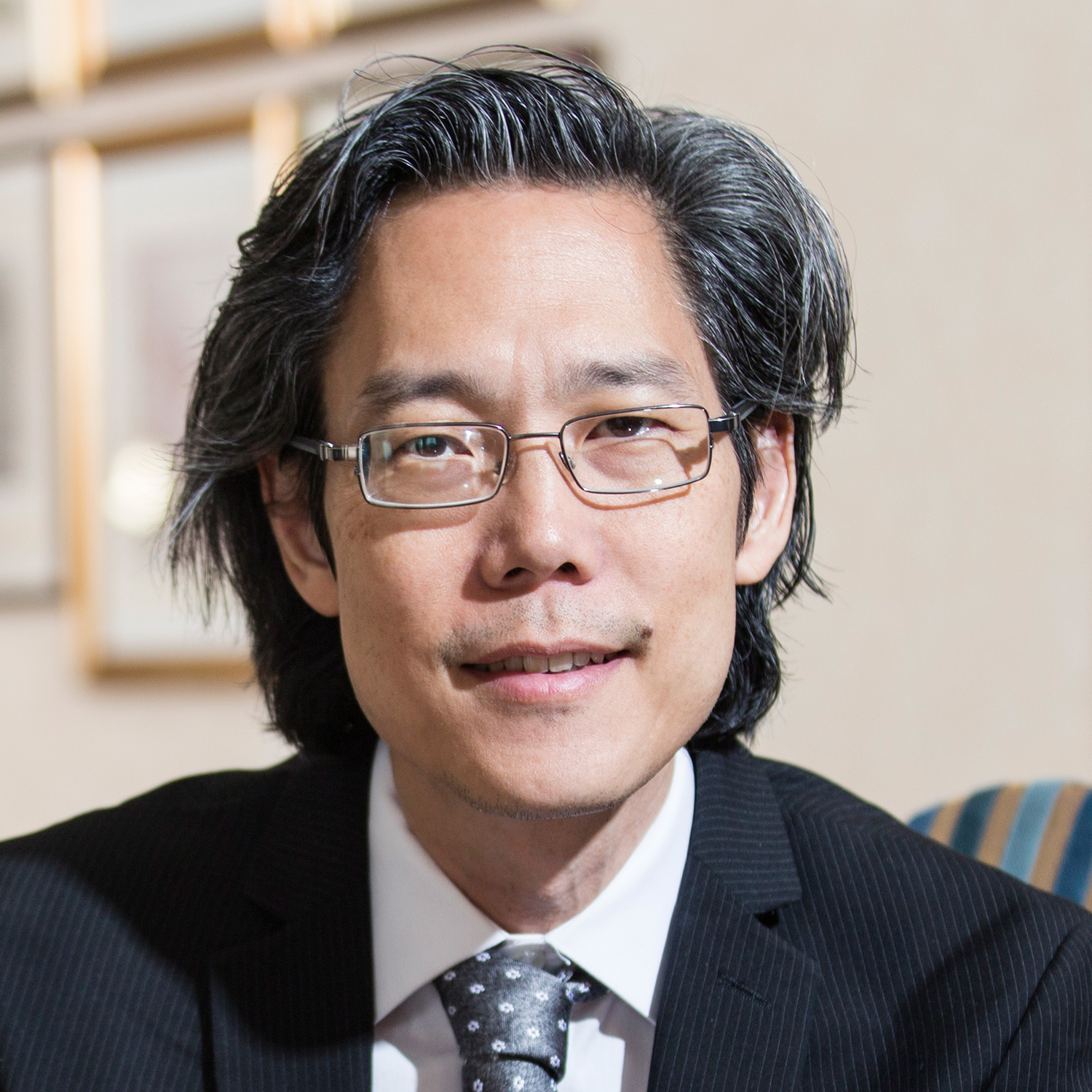
Hirokazu Yoshikawa is the Courtney Sale Ross Professor of Globalization and Education at New York University Steinhardt and a University Professor at NYU. He is Co-Director, with Larry Aber, of the Global TIES for Children Center at NYU. He is a community and developmental psychologist who studies the effects of public policies and programs related to immigration, early childhood, and poverty reduction on children’s development in low- and middle-income countries and in the United States. Since 2013 he has co-chaired the Sustainable Development Solutions Network (SDSN) Thematic Network on Early Childhood Development and Education and has led SDSN’s work in Early Childhood Development. He serves on the Boards of the Russell Sage Foundation and the Foundation for Child Development, and on the advisory boards of the Open Society Foundations Early Childhood Program and the UNESCO Global Education Monitoring Report.
Jack P. Shonkoff
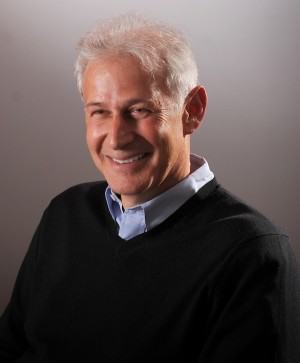
Jack P. Shonkoff, M.D., is the Julius B. Richmond FAMRI Professor of Child Health and Development at the Harvard T.H. Chan School of Public Health and the Harvard Graduate School of Education; Professor of Pediatrics at Harvard Medical School and Boston Children's Hospital; and Director of the university-wide Center on the Developing Child at Harvard University. He currently serves as chair of the National Scientific Council on the Developing Child, a group of distinguished scholars whose mission is to bring credible science to bear on public policy affecting young children, and chairs the JPB Research Network on Toxic Stress, which is developing new knowledge and measurement capacity to assess the biological, bio-behavioral, and health consequences of excessive stress system activation. In 2011, Dr. Shonkoff launched Frontiers of Innovation, a multi-sectoral collaboration among researchers, practitioners, policymakers, investors, and experts in systems change who are committed to developing more effective intervention strategies to catalyze breakthrough impacts on the development and health of young children and families experiencing significant adversity.
Catherine Tamis-LeMonda

Catherine Tamis-LeMonda is Professor of Applied Psychology at NYU’s Steinhardt School of Education, Culture, and Human Development. Her research is focused on infant and toddler learning and development among diverse populations in the United States and in Europe, Central Asia and East Asia. Her research considers the development and contexts of young children’s language and communication, object play, cognition, motor skills, gender identity, emotion regulation, and social understanding, and the long term implications of early emerging skills for children’s developmental trajectories. She investigates how skills in different domains reciprocally affect one another and snowball over time (that is, the theoretical construct of “developmental cascades”), and examines the role of socio-cultural context on early development. A core emphasis of this research is on the quality of mothers’ and fathers’ interactions with children –in particular their contingent responsiveness and richness of child-directed language – in relation to children’s development and, conversely, how emerging communicative skills in children influence their everyday learning experiences and interactions with parents.
Aisha Yousafzai
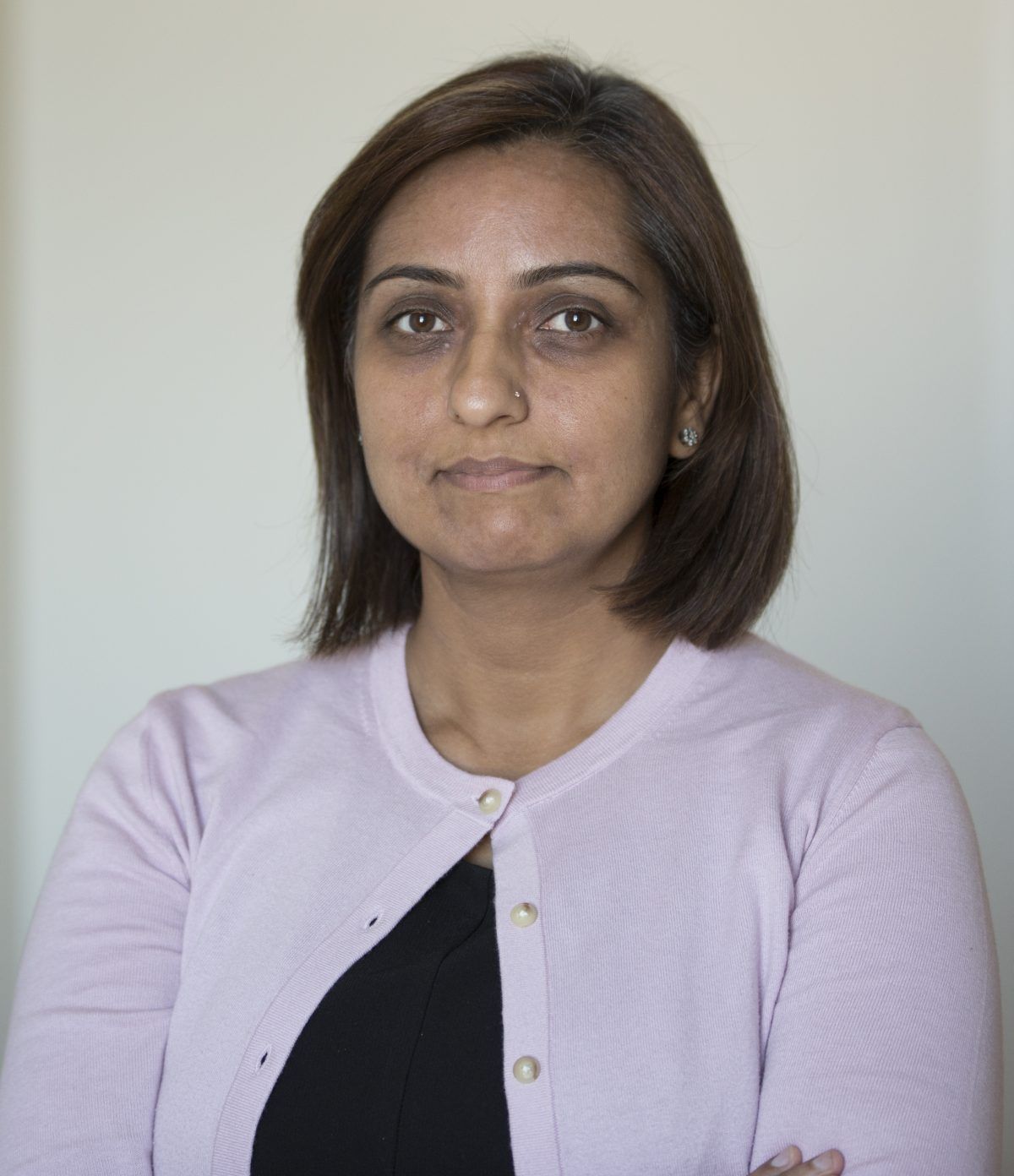
Dr. Yousafzai is an Associate Professor of Global Health, Department of Global Health and Population at the Harvard T.H. Chan School of Public Health. Her research interests are the development and integration of interventions that promote early child development in existing health services, and implementation research on scaling-up early childhood interventions. She has extensive experience in evaluating early childhood interventions in south Asia, east Africa, and in central and east Europe. One of Dr. Yousafzai’s most significant studies is the Pakistan Early Child Development Scale-Up (PEDS) trial, a cluster randomized controlled trial evaluating responsive stimulation and nutrition interventions to strengthen early child development and growth outcomes. Dr. Yousafzai has written extensively about early childhood interventions in low- and middle-income countries including recent articles in Annals of the New York Academy of Science, Annual Review of Psychology, Lancet, Lancet Global Health, and Pediatrics. She also serves on a number of Advisory Groups on early child development for international organizations including co-Chair for the Intervention Taskforce of the Early Childhood Development Action Network-ECDAN and an advisor on Home Visiting for the UNICEF CEECIS regional office.
Guest Speaker, Week 8
Pia Rebello Britto, UNICEF
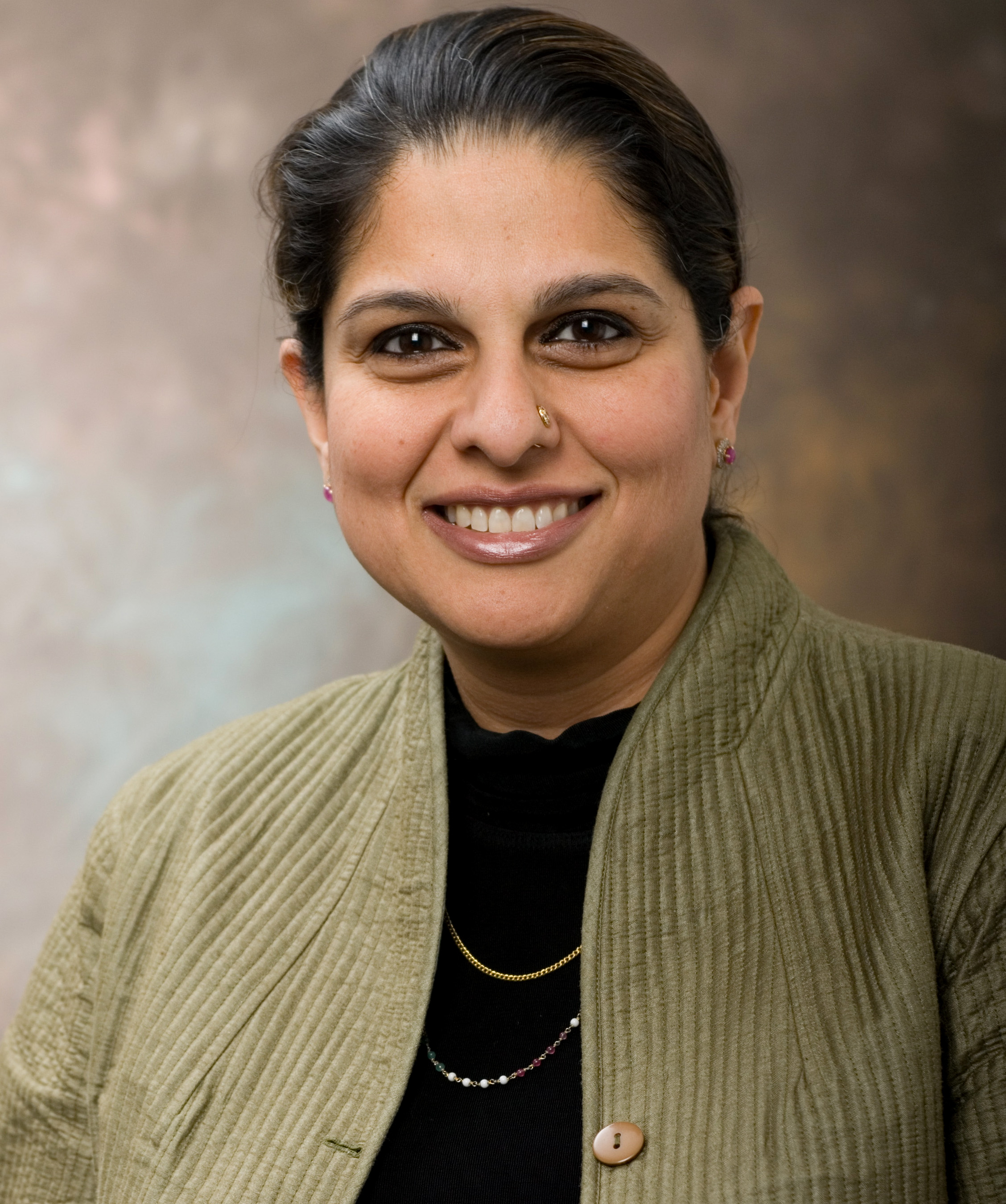
Dr. Pia Britto joined UNICEF in 2014 as Chief of Early Childhood Development, bringing with her many years of expertise in early childhood policy and programs. Prior to joining UNICEF she was an Assistant Professor at Yale University and is internationally renowned for her work on developing, implementing and evaluating early childhood programs and policies around the world. This includes providing evidence for the role of governance and finance in national systems in achieving equity; developing models for quality early childhood services; promoting women’s economic empowerment, and the role of parents and caregivers. Dr Britto has been the recipient of various awards and grants; has published articles, books and reports; and made numerous presentations at both academic and non-academic conferences and seminars. She obtained her doctoral degree in Developmental Psychology from Columbia University.
Course Staff
Kat Adams, TA
Kat Adams is a 5th year doctoral student in the Developmental Psychology program in the Department of Applied Psychology at New York University. She studies how experience shapes young children's self-regulation and learning processes, particularly in the context of social and environmental risk. A key aim of her research is to create and collaborate on innovative uses of technology and statistical methods for data collection, analysis, and intervention.
Andres Motta, Spanish Discussion Moderator
Andres Motta focuses on design, research and management of public policy to guarantee children's rights in Colombia. There, he has led the ECD curriculum, including coaching models for teachers and the quality measurement model for ECD services in the Ministry of Education. He has specialized in ECD in the areas of gender and intercultural and participatory approaches for design of public policy and programming. Now he is working with UNICEF on the development of a policy framework to protect schools. He is a sociologist by training and holds a Masters Degree in Demography.
返回《The Best Start in Life: Early Childhood Development for Sustainable Development》慕课在线视频列表
-Overview
--Syllabus
-Welcome to the Course!
--Navigating the Course Portal
-Using the Discussion Forum
--Navigating the Discussion Forum
-Pre-course survey
-Introduction to Module 1
-Video Chapters
--1.1 Early Childhood Development for Sustainable Development
--Comprehension Question 1.1
--1.2 The State of the World's Children
--Comprehension Question 1.2
--1.3 How Brain Architecture Develops
--Comprehension Question 1.3
--1.4 The Impact of Adversity & Toxic Stress
--Comprehension Question 1.4
--1.5 Resilience & How to Foster It
--Comprehension Question 1.5
-Readings
-Reading Quiz
--Reading Quiz
-Module 1 Discussion
-Introduction to Module 2
-Video Chapters
--2.1 Development in Culture & Context
--Comprehension Question 2.1
--Comprehension Question 2.2
--2.3 Cognitive Development and Perception
--Comprehension Question 2.3
--Comprehension Question 2.4
--Comprehension Question 2.5
--2.6 Emotional Development & Temperament
--Comprehension Question 2.6
-Readings
-Reading Quiz
--Reading Quiz
-Module 2 Discussion
-Live Q&A | Professor Yoshikawa
--Live Q&A | Professor Hiro Yoshikawa
-Introduction to Module 3
-Video Chapters
--Comprehension Question 3.1
--3.2 Cognitive Development & Executive Function
--Comprehension Question 3.2
--Comprehension Question 3.3
--3.4 Socio-emotional Development
--Comprehension Question 3.4
-Readings
-Reading Quiz
--Reading Quiz
-Module 3 Discussion
-Live Q&A | Dr. Catherine Tamis-LeMonda
--Live Q&A | Dr. Catherine LeMonda
-Introduction to Module 4
-Video Chapters
--4.1 Introduction to Multi-sector Aspects
--Comprehension Question 4.1
--Comprehension Question 4.2
--4.3 Nutrition and Parenting Programs
--Comprehension Question 4.3
-Readings
-Readings Quiz
--Readings Quiz
-Module 4 Discussion
-Introduction to Module 5
-Video Chapters
--5.1 Social Protection Programs
--Comprehension Question 5.1
--5.2 Early Care and Education Programs
--Comprehension Question 5.2
--5.3 Child Protection Programs
--Comprehension Question 5.3
-Readings
--Readings
-Readings Quiz
--Module 5 Reading Quiz
-Module 5 Discussion
-Introduction to Module 6
-Video Chapters
--Comprehension Question 6.1
--6.2 Community Based Programs
--Comprehension Question 6.2
--6.3 Programs for Children in Situations of Conflict, Disaster, and Migration
--Comprehension Question 6.3
-Readings
-Readings Quiz
--Reading Quiz
-Module 6 Discussion
-Live Q&A | Dr. Jack P. Shonkoff
-Introduction to Module 7
-Video Chapters
--Comprehension Question 7.1
--7.2 Quality, Governance and Sustainability
--Comprehension Question 7.2
--Comprehension Question 7.3
-Readings
-Readings Quiz
--Reading Quiz
-Module 7 Discussion
-Live Q&A | Ana Maria Nieto
-Introduction to Module 8
-Video Chapters
--8.1 Innovation in ECD Part 1
--Comprehension Question 8.1
--8.1 Innovation in ECD Part 2
--Comprehension Question 8.1.1
--8.2 Innovation from Around the World
--Comprehension Question 8.2
--8.3 Conclusion: The Future of ECD
--Comprehension Question 8.3
-Readings
--Reading
-Readings Quiz
--Reading Quiz
-Module 8 Discussion
-Live Q&A | Dr. Pia Britto
-Live Q&A | Dr. Aisha Yousafzai
